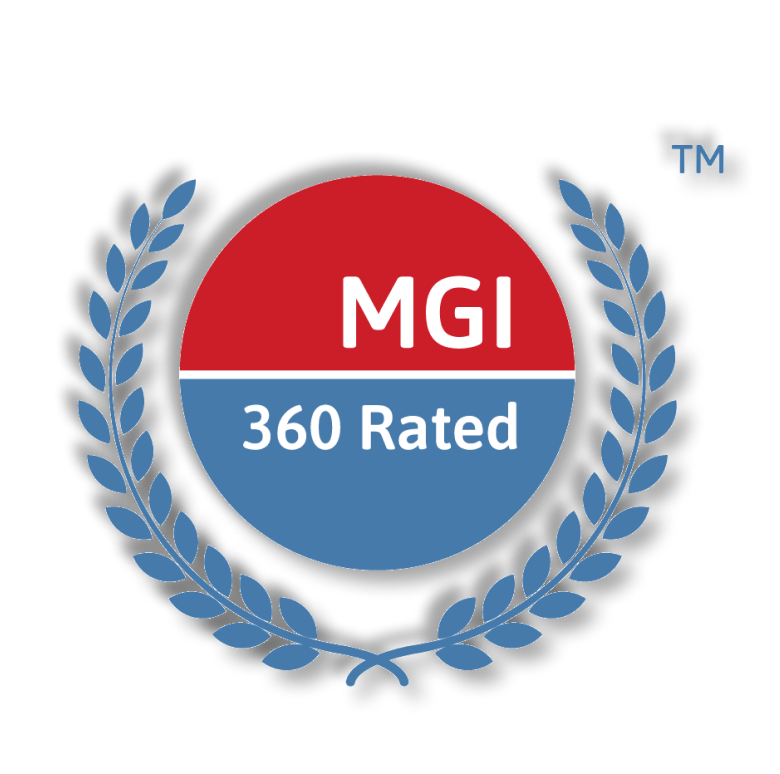The attached MGI 360 Market Ratings Report (MRR) on the Agile Billing market provides structured quantitative ratings on a scale from 0 to 100 for suppliers competing in this dynamic space. It includes ratings and analysis of the following vendors: Aria Systems, Chargify, Ensim, Fusebill, goTransverse, Magnaquest, MetraTech (Ericsson), Monexa (Netsuite), Oracle, Recurly, SAP SE, Vindicia, and Zuora (as well as commentary on many more).
This MRR helps users make more informed and timely strategy and purchasing decisions. It details key requirements for billing software solutions, presents the MGI 360 Ratings of the vendors that at present have the biggest visibility in the marketplace, and provides recommendations for users evaluating suppliers in this market. This analysis is based on continuous research, analysis, and field advisory work conducted by MGI Research analysts with input from clients, suppliers, ecosystem partners, and industry practitioners.
Companies mentioned in this report: Amdocs, AppDirect, Apttus, AsiaInfo, Aria Systems, Avangate, BigMachines (Oracle), BillingPlatform, Cerillion, Chargify, ChikPea, CloudSense, Comptel, CSG International, Digital River, Digital Route, Ensim, Epicor, FinancialForce, Fusebill, goTransverse, IDI Billing Solutions, Infor, Intacct, Leeyo, LogiSense, LogNet Systems, Magnaquest, Matrixx Software, MetraTech (Ericsson), Microsoft (Dynamics), Monexa (NetSuite), NetCracker Technology, NetSuite, OnCommerce GmbH, Openet, Oracle (BRM, Fusion Financials, JD Edwards, Peoplesoft), Overgroup, QAD, Recurly, RedKnee, RevStream, Rootstock, SaaSOptics, Sage, SAP SE, Softrax, Steelbrick (Salesforce), Stripe, Tecnotree Corporation, Unit4, Vindicia, Workday, Zuora
On April 20, 2016 at the Monetization Summit in San Francisco, CA, MGI Research will present the Agile Monetization Scenario and the latest MGI 360 Ratings on all key suppliers. Join your peers for case studies and best practices from leading companies, hosted by MGI Research.
Why Rate Technology Suppliers
Business technology investment decisions are complex processes involving huge amounts of money, time, and risk. As is the case with the market for monetization tools, buyers are facing an ever-expanding roster of suppliers. Many are well funded and covered by press and industry analysts; as a result, buyers are facing a stream of often conflicting messages and industry noise. Clarity is often a casualty of a well funded technology market. Technology buyers are caught in a dilemma: spending too little time on evaluating a solution can put a business at risk, but spending too much time can put budget and time-to-market at risk. The hazards faced by buyers in this context are significant. No executive wants to end up in a situation where a long-term technological and financial commitment is made to a supplier, only to realize too late that the company is a financial sham, its business practices reflect a nickel-and-dime approach to customer service, or its company strategy leads to a technological dead end. In 2013, to help technology buyers extract signal from market noise, MGI Research introduced the MGI 360 Ratings—a uniform, 0 to 100 supplier rating system. Whether applied to new purchases or to an existing solution portfolio, MGI 360 is a consistent, clear vendor rating system that can help IT organizations get a head start on supplier due diligence, speed up sourcing, reduce risks, and improve vendor relationships.
Agile Billing
MGI Research pioneered the concept of Agile Billing in late 2013 and defines it as follows:
- Agile Billing is a capability to rapidly monetize new and evolving business opportunities.
For organizations of all sizes, billing, revenue management, and monetization are central to driving revenue growth and profitability. The flexibility and configurability of these new solutions offer the promise of business agility—making the billing system a core enabler of, rather than a barrier to, business change. Over the last two years, agile billing has evolved into a credible product category. Today, many parts of the organization benefit from agile billing, and we frequently see finance, product management, IT, and a line of business executives and staff involved in the purchasing decision. For leading companies, agile billing investments are taking priority over other business technology priorities including on-premise and cloud-based systems for ERP, HR/HCM, salesforce automation, CPQ, and others.
We expect the adoption of monetization tools and platforms to accelerate rapidly over the next two to three years with over 20% of F1000 companies adopting an Agile Monetization Platform (AMP) by 2020 with new business opportunities driving these deployments.
Prior to the advent of cloud-based systems, complex billing capability was the domain of large enterprises able to spend tens of millions of dollars on sophisticated, semi or fully custom solutions. Today, the billing software market is awash with cloud-based and on-premise solutions that simplify subscriptions and automated recurring billing. While many agile billing solutions are cloud-based, not every cloud-based billing system is agile. There is a large, installed base of legacy solutions aimed at specific vertical markets such as telecom, utilities (water, power, fuel), entertainment and gaming industries, and government (tax and fee payments and collections). Many of the newer products that enable agile billing offer levels of pricing and billing flexibility that were previously only available via an expensive, customized, on-premise solution. As the agile billing products scale and suppliers mature, increasing numbers of users will consider replacing their existing systems.
Demand for billing management solutions is accelerating as business goes online, products and services are offered as a subscription, and organizations launching new business initiatives with innovative pricing and billing models are frustrated by their current solutions and look for more agile alternatives with significantly shorter implementation cycles vis-à-vis traditional, on-premise solutions. The early adopters of agile billing were mostly online, digital business models and “as a service” tech firms. Today, businesses of all types, even traditional industrial companies, are packaging their product and support offerings into consumable services with an ever-expanding range of ways customers can acquire and pay for them.
Agile billing is a key component of Agile Monetization Platform (AMP) space—a collection of software markets, mostly cloud-based, that also includes nine core disciplines:
- Agile Billing
- Configure-Price-Quote (CPQ)
- e-Commerce Platforms
- Revenue Recognition
- Mediation
- Contract Management
- Order Management
- Customer Service Management
- Financials
A number of agile billing suppliers are beginning to add other AMP functional capabilities to their suite through acquisition, OEM, and partnerships. Similarly, companies in areas such as CPQ, e-Commerce, and Financials are building out their AMP portfolios by adding agile billing functions. We see growing demand for agile billing from companies marketing a complex mix of physical and digital products and subscription and usage-based services while they accelerate deployment of as-a-service, pay-for-outcome pricing models for traditional, capital-intensive products such as heavy equipment, transportation, and machinery. While significant hype continues to engulf the adoption of Internet of Things (IoT), we have now seen several successful examples of how companies are monetizing basic IoT opportunities in both consumer and industrial areas. Agile Billing prospects related to commercialization of IoT may prove to be one of the biggest opportunities over the next five years.


